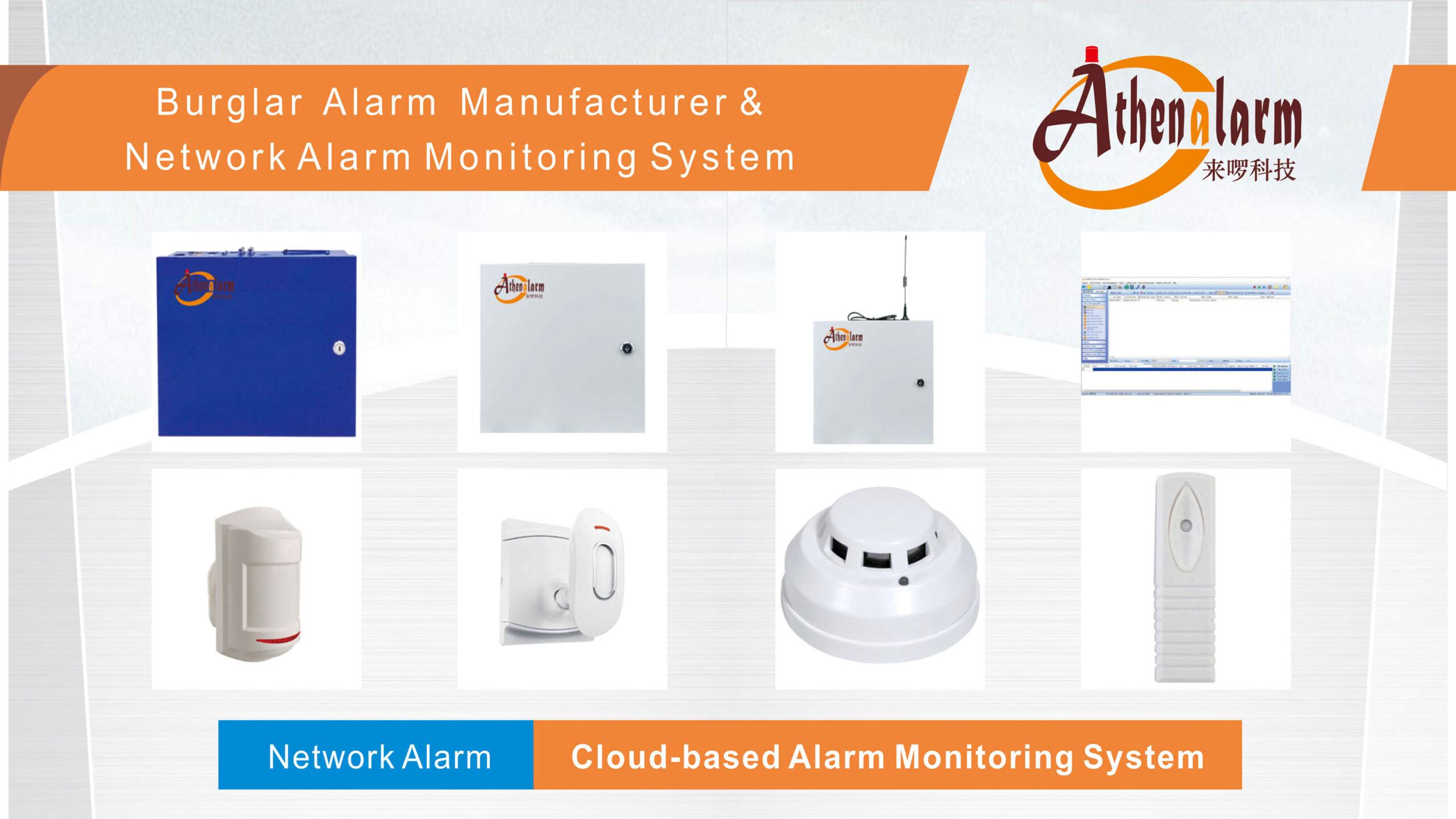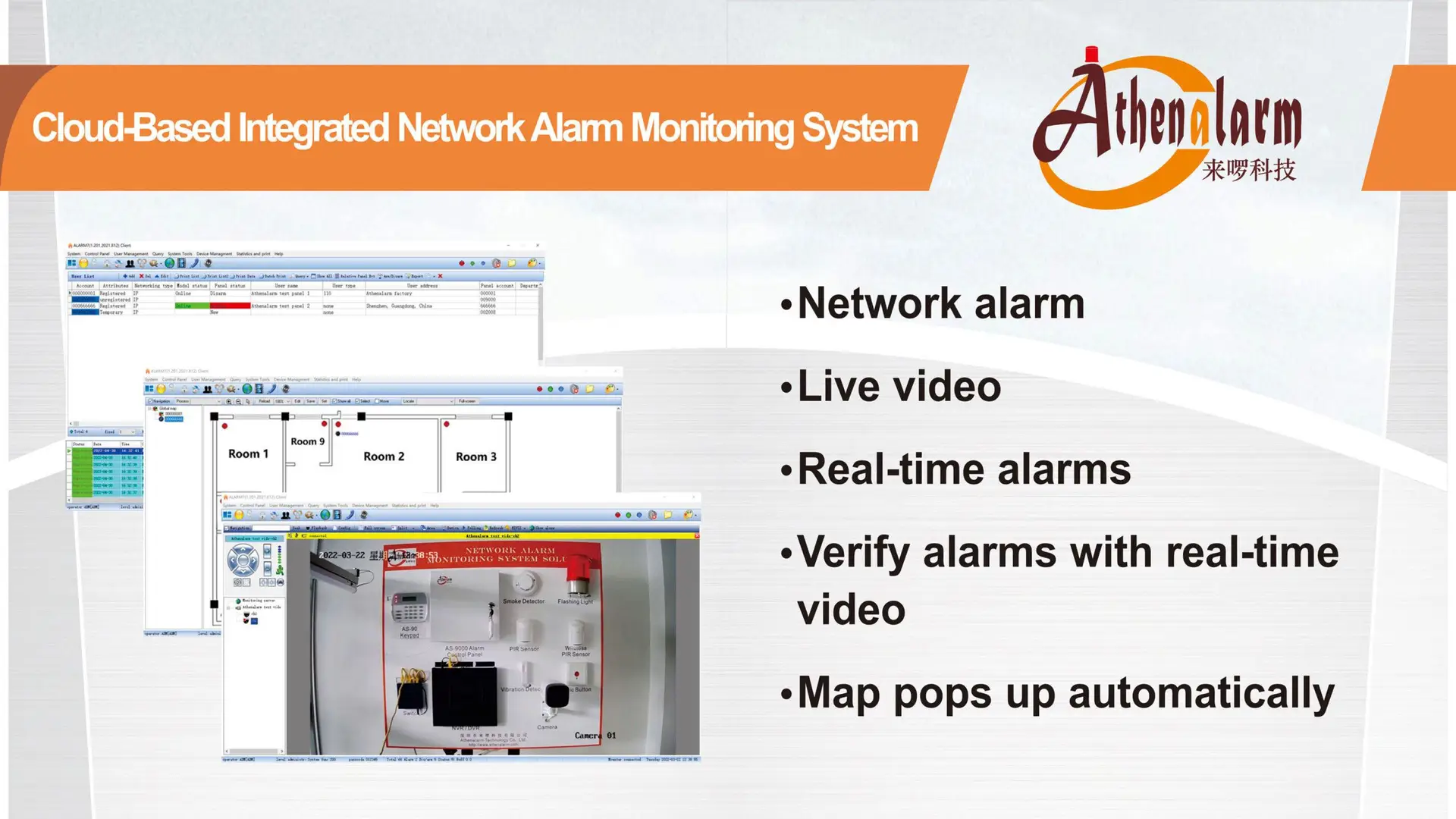



Affordable Security Alarms for Small Business Distributors
1. Introduction: The Growing Demand for Cost-Effective Security Solutions
Small business distributors face increasing security threats, including theft, vandalism, unauthorized access, and inventory shrinkage. Unlike large corporations with extensive security budgets, small distributors need affordable yet reliable security alarm systems that provide strong protection without exceeding their financial limits.
This article explores cost-effective security alarm solutions tailored for small business distributors. It highlights key features, benefits, common misconceptions, and selection criteria to help businesses maximize security at minimal cost.
2. Why Small Business Distributors Need Security Alarm Systems
Small business distributors handle valuable inventory, cash, and equipment, making them prime targets for criminals. Without adequate security, businesses risk:
- Financial Losses – Theft and break-ins can lead to significant financial setbacks.
- Operational Disruptions – Stolen inventory and property damage can halt business operations.
- Compromised Customer Trust – Clients and partners may lose confidence in a distributor’s ability to secure goods.
The Role of Security Alarms in Preventing Crime
A well-designed security alarm system helps mitigate risks by:
- Deterring Theft and Vandalism – Visible alarms, sirens, and surveillance cameras discourage intrusions.
- Preventing Unauthorized Access – Alarm sensors monitor entry points and detect suspicious activity.
- Reducing Losses – Instant alerts allow for quick responses to security breaches.
- Lowering Insurance Costs – Many insurers offer discounts to businesses with monitored security systems.
However, the challenge for small business distributors lies in finding a cost-effective alarm system that meets their security needs.
3. Key Features of Affordable Security Alarms
Modern security technology offers budget-friendly solutions without sacrificing essential features. When selecting an affordable alarm system, small business distributors should prioritize:
(1) Motion Detection Sensors
Motion sensors use infrared or microwave technology to detect unauthorized movement. When triggered, they activate alarms or send alerts.
- Pet-Friendly Sensors – Prevents false alarms caused by small animals.
- Dual-Technology Motion Detectors – Reduces false triggers from environmental changes (e.g., temperature shifts, airflow).
(2) Door and Window Sensors
These sensors trigger an alarm when doors or windows are forcibly opened, acting as the first line of defense against intrusions.
- Wireless options for easy installation without extensive wiring.
- Magnetic contact sensors ensure instant detection of unauthorized access.
(3) Loud Sirens and Strobe Lights
A high-decibel siren (at least 100 dB) paired with strobe lights deters criminals and alerts nearby personnel during break-in attempts.
(4) Mobile Alerts and Remote Monitoring
Modern security alarms integrate with mobile apps, allowing business owners to monitor their premises remotely.
- Instant notifications for security breaches.
- Remote system control (arming/disarming) for after-hours security management.
- Cloud storage for event logs and alarm history.
(5) Wireless Connectivity
Wireless alarm systems are cost-effective, scalable, and easy to install, eliminating the need for complex wiring.
(6) Battery Backup
A 24-hour battery backup ensures continued protection during power outages or tampering attempts.
(7) Integration with CCTV & Smart Locks
A hybrid security solution combining alarms, CCTV cameras, and smart locks enhances security:
- Live surveillance monitoring with real-time video feeds.
- Remote lock/unlock capabilities via smartphone apps.
4. Best Budget-Friendly Security Alarm Systems for Small Distributors
When selecting a cost-effective security alarm, small business distributors should consider price, installation ease, reliability, and scalability. Below are four affordable solutions:
(1) DIY Wireless Alarm Systems
DIY security alarms are easy to install and cost-effective.
- Features:
• Customizable alarm kits with motion sensors, entry sensors, and sirens.
• Mobile app integration for remote monitoring.
• Optional low-cost professional monitoring plans.
(2) GSM-Based Security Alarms
GSM-based alarms use mobile networks instead of traditional landlines or Wi-Fi.
- Ideal for areas with unstable internet connections.
- Sends immediate SMS and call alerts in case of breaches.
(3) Hybrid Alarm Systems with Professional Monitoring
Hybrid systems allow for self-monitoring with the option to upgrade to professional monitoring.
- Local sirens with real-time alerts.
- Subscription-free self-monitoring with remote access.
- Integration with existing security systems for enhanced protection.
(4) Cloud-Based Smart Alarm Systems
Cloud-connected alarm systems use AI-powered motion detection to enhance security.
- Features:
• AI-enhanced motion detection to reduce false alarms.
• Automatic cloud storage for alarm event history.
• Scalability for future expansion as business grows.
5. How to Choose the Right Security Alarm System
Selecting the best security alarm involves assessing business needs, budget, and scalability.
Step 1: Assess Security Risks
- Identify entry points and high-risk areas.
- Determine primary threats (theft, vandalism, unauthorized access).
Step 2: Set a Budget
- Balance cost-effectiveness with essential features.
- Compare DIY vs. professional installation costs.
Step 3: Choose the Right Features
- Prioritize motion sensors, entry contacts, and mobile alerts.
- Consider smart integrations for future upgrades.
Step 4: Evaluate Scalability
- Opt for modular systems that allow additional devices.
Step 5: Compare Monitoring Options
- Decide between self-monitoring (free) or professional monitoring (24/7 protection, paid).
- Choose hybrid solutions for flexible monitoring options.
Step 6: Check Installation Requirements
- Wireless systems offer easy, low-cost installation.
- Professional installation may be required for complex setups.
6. Common Misconceptions About Affordable Security Alarms
Some small business owners hesitate to invest in security systems due to misconceptions about cost and effectiveness.
(1) “Cheap security alarms are unreliable.”
- Budget-friendly systems from reputable brands offer advanced security features.
(2) “Wireless alarm systems are easy to hack.”
- High-quality wireless alarms use encrypted signals to prevent hacking.
(3) “Professional monitoring is too expensive.”
- Many alarm systems offer self-monitoring with no monthly fees.
(4) “Security alarms don’t prevent crime.”
- Visible security measures significantly reduce burglary risks.
7. Conclusion: Protecting Small Business Distributors Without Overspending
Affordable security alarm systems provide essential protection for small business distributors without requiring a large investment. By selecting the right system with motion detection, mobile alerts, and remote monitoring, businesses can enhance security while staying within budget.
For small distributors looking to secure inventory and premises, cost-effective security solutions are a smart investment. With scalable options, businesses can start with a basic setup and upgrade as needed.
By prioritizing security today, small business distributors can prevent losses, ensure peace of mind, and maintain smooth operations—without financial strain.
